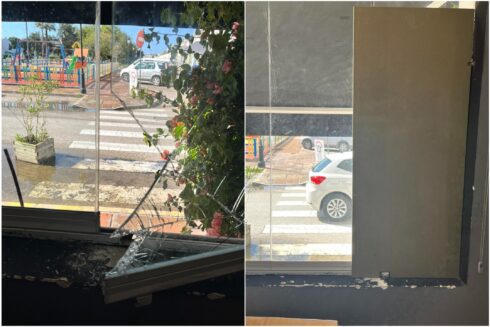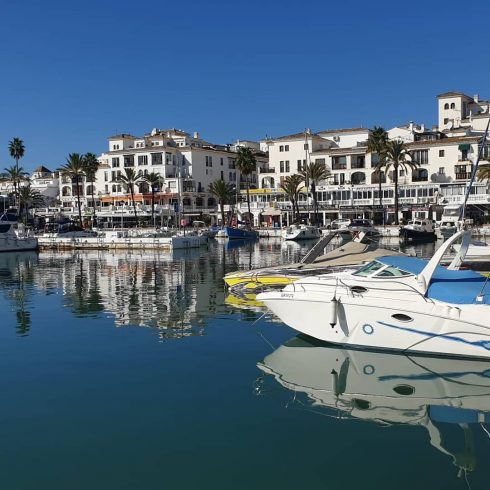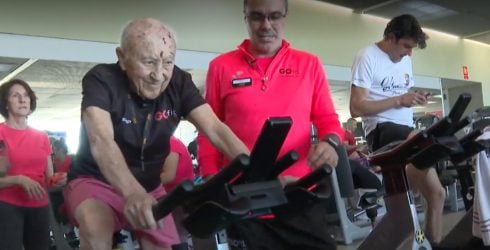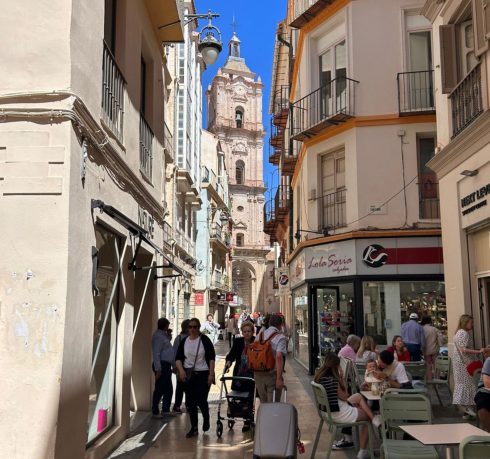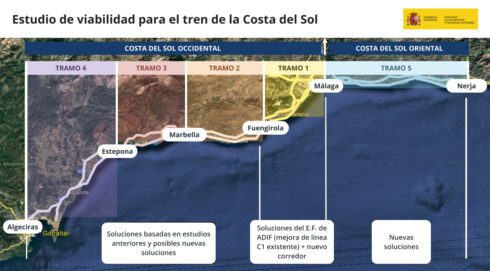A REAL estate agency in Marbella is suing a homeowners association after it banned tourist rentals from its buildings ‘without holding a vote’ or meeting.
Property firm Homewatch claims the Vicario Tercera Fase Homeowners Association, in Ojen, unilaterally outlawed Airbnb-style lets without any warning at a General Meeting on December 15 last year.
The estate agency has now taken the matter to the courts and is demanding the ban be declared null and void, given it was allegedly made by the president of the community unilaterally.
According to the plaintiffs, the prohibition on using the apartments for tourist purposes was arbitrarily imposed without prior notice, based on a biased interpretation of a Supreme Court ruling and in contravention of the community’s statutes.
READ MORE: Now is a good time to buy property in Spain, say experts

The minutes of the December meeting and the decision have been challenged by the affected, who claim they were not allowed to vote on the matter.
The plaintiffs point out that since purchasing their property in 2016, they have been engaging in rural tourist rentals without issues.
Lawyer D. Antonio Jurado Jiménez, representing the plaintiffs, has argued that the agreement reached at the meeting is null and void by law and contrary to article 15 of the Community Statutes.
According to Jurado Jimenez, the statutes do not specifically prohibit the use of homes for tourist rental, but only exclusive uses such as office, commerce, or industry.
CEO and co-founder of Homewatch, Vivienne Thoennessen, said the community made ‘a very subjective interpretation’ of the statutes unilaterally.
“This rule is being imposed, applying jurisprudence with many aspects that have nothing to do with the case we are dealing with,” she said.
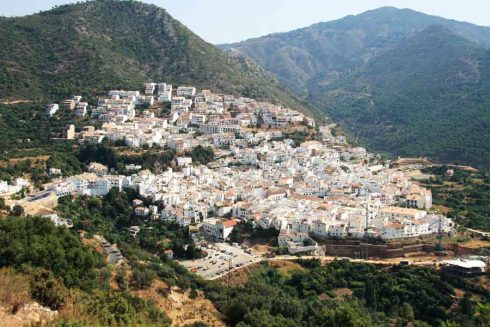
“After several years of renting without any problems, being registered and with full knowledge of the entire community, you cannot suddenly say that it is prohibited according to the statutes without a vote in favour of three-fifths of the owners,” Thoennessen added, noting that they are “reinterpreting” the nature of the internal regulations after the fact.
She admitted that it is ‘totally understandable’ that commercial activity is prohibited in the communities because ‘it means that dozens of unidentified people have daily access to the communal areas.’
However, Thoennessen pointed out, this restriction does not apply in this case, explaining: “We have the passports of the people who stay, and there is a law behind it to provide total security…
“It makes no sense that vacation accommodations are prohibited in a community just because clothing stores are already banned. It doesn’t make any sense.”


